2 min read
Gospel-Centered from the Start
“Let us hold unswervingly to the hope we profess, for He Who promised is faithful…Jesus Christ is the same yesterday, today, and forever.” (Hebrews...
4 min read
 Barbara Comito, former marketing director
:
October 8, 2020
Barbara Comito, former marketing director
:
October 8, 2020
“Bear one another’s burdens and so fulfill the law of Christ” – Galatians 6:2.
Before we dive into this subject, I want to mention a couple of points that shaped what you are about to read. First, as I was preparing to write this blog, I read a sermon on Galatians 6:1-5 by John Piper that heavily influenced my thinking. I encourage you to read it, as well. He is a pastor and theologian (I am not) and does a marvelous job of putting this verse in context.
Second, I wanted to mention a common criticism of UGM: that we place additional burdens on people who are already heavily burdened because we operate “high-barrier” shelters. A high-barrier shelter means that we have rules and conditions upon staying here. The most obvious barrier is that we require guests to be clean-and-sober. Some see our chapel requirements as another barrier. Other possible barriers: a person needs to have official identification (although we will help them to get it); we require people to take showers, launder their clothing and maintain personal hygiene; no romantic relationships or physical displays of such a relationship are allowed; no stealing; no physical violence; and people with physical disabilities must be able to perform self-care and transfer themselves as we do not have 24/7 nursing staff to perform such tasks.
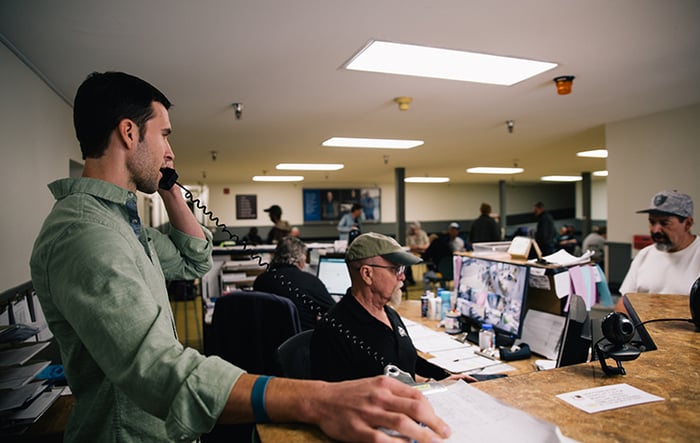
The complaint usually goes something like this: Jesus wouldn’t place conditions on whom he would serve. He loves everyone. In all honesty, I have struggled to answer this complaint in my own heart. What you are about to read is my answer.
2020 has been a burdensome year
The COVID pandemic has brought sickness and death, along with an onslaught of other challenges – job losses, school closures, economic havoc, critical shortages. Add to that racial tension, political unrest, and a deeply divided country, and it is little wonder that people are staggering under the weight. Truthfully, many of us were bent to nearly breaking before COVID even came on the scene.
Consider the weight many of our residents are carrying: anxiety, depression and other mental health issues, loss of a child, domestic violence, sexual abuse, childhood trauma and shame. They may have mistakes in their past from which they see no recovery, and many are trying to learn to cope without the pain relief of drugs and alcohol for the first time.
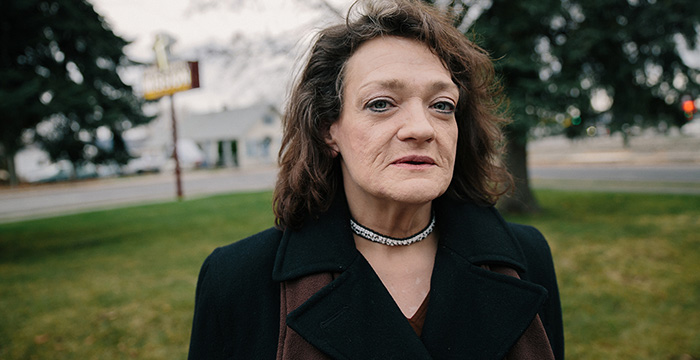
Personally, I feel like I see people hurting everywhere I turn. Aware that I have zero power to fix what is causing them pain, I tend to feel helpless and hopeless.
God has a different take, and moment by moment, I have to choose to turn from my hopelessness to his sovereignty and loving compassion. I think this is the idea of praying without ceasing. My thoughts want to cycle downward. I must choose to look up.
How is it that we bear one another’s burdens?
“Here is a vocation that will bring you more satisfaction than if you became a millionaire ten times over: Develop the extraordinary skill for detecting the burdens of others and devote yourself daily to making them lighter.” – Piper
When you read stories of UGM residents here on the blog, in the newsletter or on social media, pray for them. They are all fighting a huge battle, and they need you on their side.
And that brings us to my final point, a somewhat controversial one, but one that Piper defends so well in his sermon.
Sin is a burden.
“We tend to think of burdens as sickness, unemployment, loss of a loved one, loneliness, rejection, etc., and the people who bear them as victims. That is right. And if we are full of Christ, we will be about the business of bearing those burdens. But Paul shows us in verse 1 that burdens include trespasses, and those oppressed include culprits. We should probably define a burden, then, as anything that threatens to crush the joy of our faith—whether a tragedy that threatens to make us doubt God's goodness, or a sin that threatens to drag us into guilt and judgment.” - Piper
Asking people to turn away from their sin is not adding an additional burden; it is inviting them to lay one down.
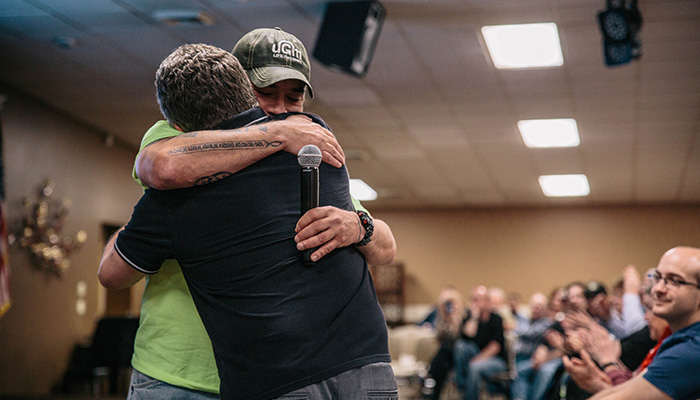
We must move into the messiness of people’s lives. Turning away and claiming, “It’s not my business” isn’t loving and it isn’t biblical.
Piper points to the context in which we find “Bear each other’s burdens”: The verse right before it, Galatians 6:1, is about “transgressions,” a brother or sister caught in sin. A sinful habit or attitude is more dangerous to a person’s soul than hunger or thirst or even loneliness.
“That's the main point of the passage, then: Bear each other's burdens; specifically, take on the trouble of helping people realize their sin and get it repaired.” – Piper
In his sermon, Piper emphasizes that any help, any care, any attempt to bear another’s burden must be done in humility, recognizing that we all have the same propensity toward sin.
Pay attention. Be humble. Pray. Point people to Jesus. And so fulfill the law of Christ.
For more on UGM's philosophy on Homelessness, subscribe to this 6-part series created by UGM Executive Director Phil Altmeyer.

2 min read
“Let us hold unswervingly to the hope we profess, for He Who promised is faithful…Jesus Christ is the same yesterday, today, and forever.” (Hebrews...

9 min read
To celebrate 75 years of serving the Inland Northwest, we are spending the year remembering our history and the faithfulness that built us and...

2 min read
In 2026, Union Gospel Mission Inland Northwest is approaching our 75th Anniversary! This is a milestone that invites gratitude and reflection, and...
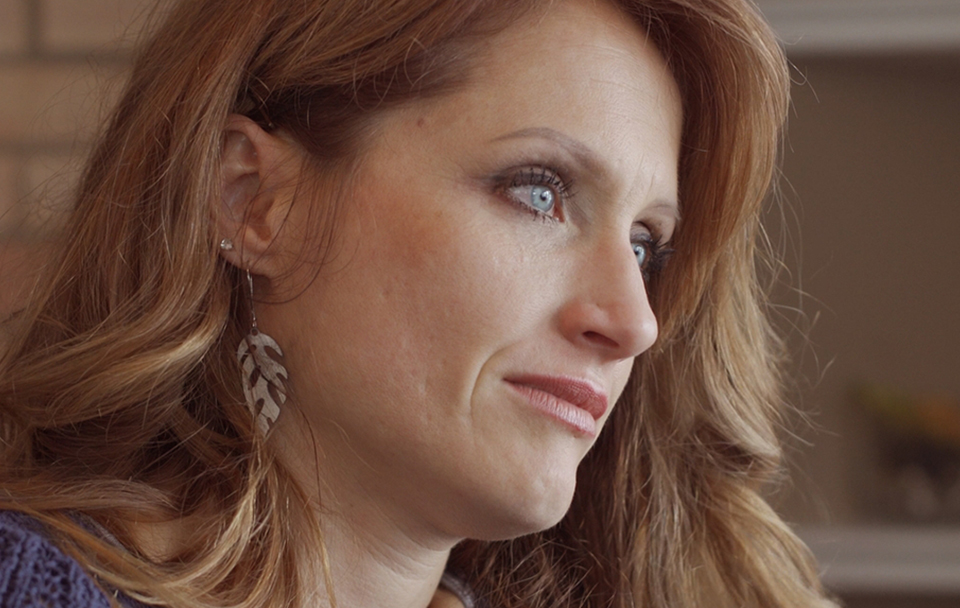
Pain: physical suffering or discomfort caused by illness or injury. No healthy person enjoys pain. Its whole purpose is to signal that something is...
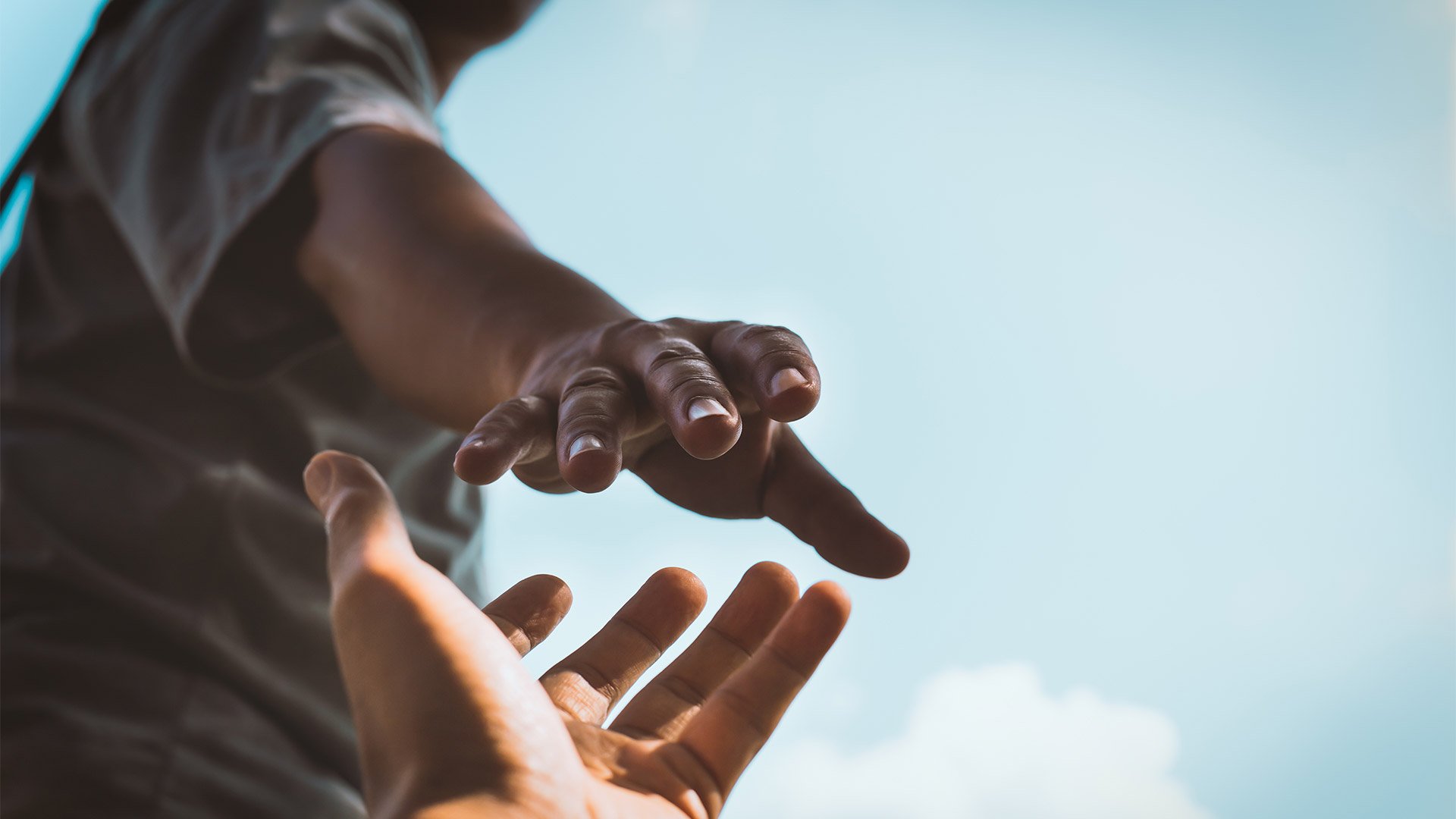
Homeless shelters exist to give people a meal and a bed so no one ends up sleeping on the street, right?
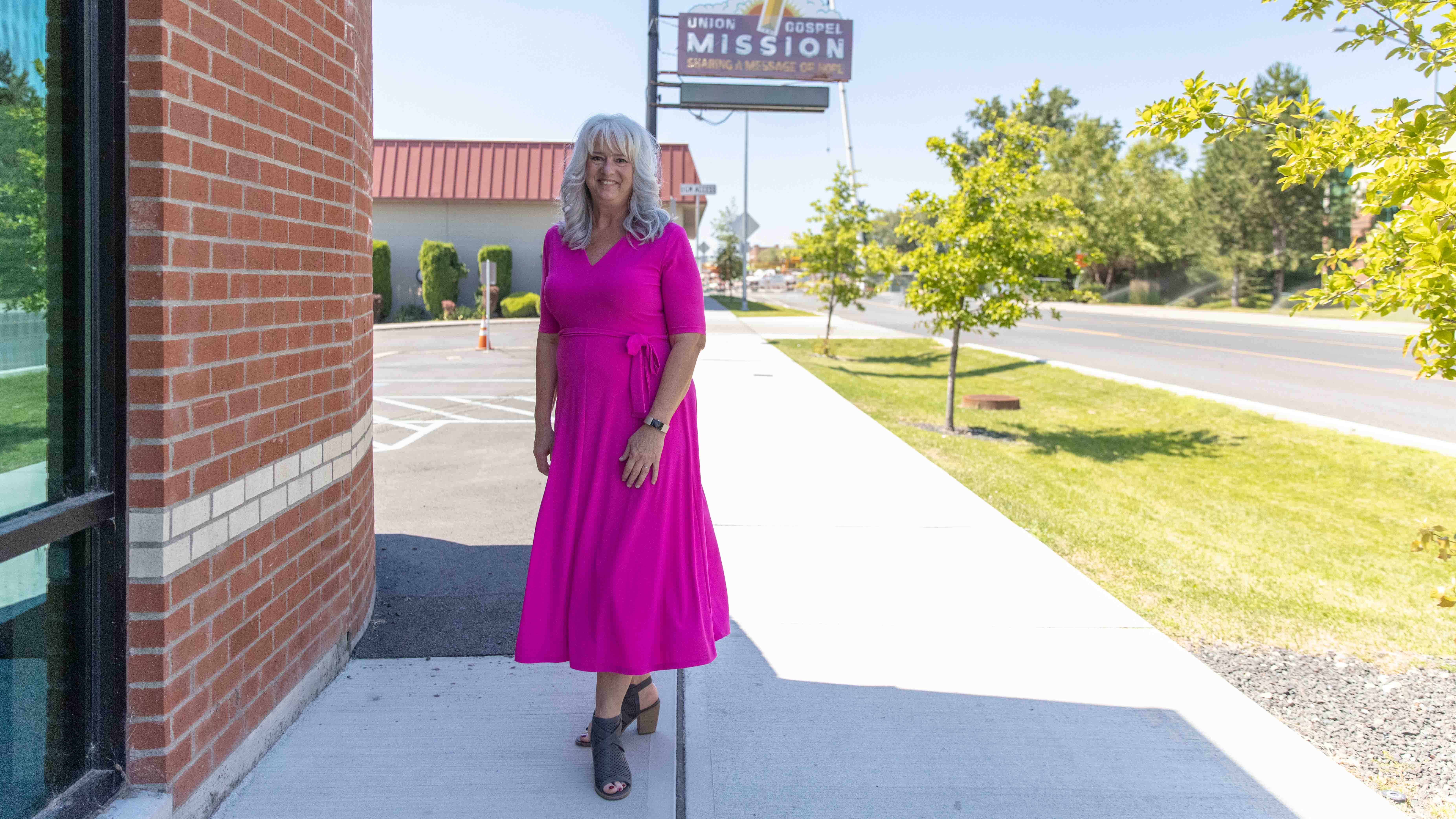
Am I Enough? Absolutely not. And absolutely yes. It’s a paradox: a seemingly absurd or self-contradictory statement or proposition that when...